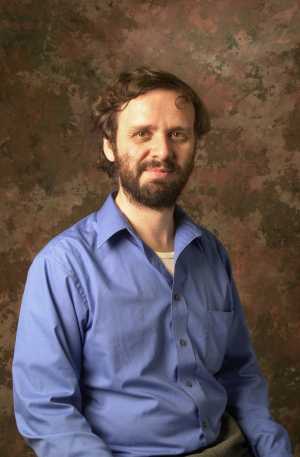Bernardo Illari
Music History, Music History/Theory/Ethnomusicology
Professor of Music History
Musicology Area Coordinator
316
Music Building

Bernardo Illari is a specialist in Latin American music from the colonial and early national periods. He received his Ph.D. in music history from the University of Chicago in 2002, with a dissertation entitled "Polychoral Culture: Cathedral Music in La Plata (Bolivia), 1680-1730." Professor Illari's second book-size project, Domenico Zipoli: Para una genealogía de la música clásica latinoamericana (Domenico Zipoli: Towards a Genealogy of Latin American Classical Music), has been awarded the 2003 Premio de Musicología "Casa de las Américas." His extensive list of publications includes an edited volume and more than a dozen scholarly articles in Spanish, English, Italian, and Arabic published in the United Kingdom, Italy, Spain, Bolivia, Chile, and Argentina.
Before coming to UNT Illari held academic appointments at the Universidad Nacional de Córdoba (Argentina) and University of Hong Kong. He has also taught classes at the Universidad de Valladolid, Universidad Complutense de Madrid and Conservatorio de Salamanca (Spain), and has been reading papers in professional meetings regularly since 1985. He earned two AMS awards, the Howard Mayer Brown award in 1996 and an AMS 50 fellowship in 1997. Since 1992, he has been contributing scores, advice and notes to several European-based early music soloists and ensembles, including Ensemble Elyma, The Rare Fruit Council, Grupo Vocal Gregor, Cuarteto Jacarandá, and others, which resulted in fifteen CDs of colonial music from Peru and Bolivia. These projects include the edition of the operas La púrpura de la rosa (by Tomás de Torrejón y Velasco, 1701) and San Ignacio de Loyola (as compiled by Martin Schmid, Santa Ana de Chiquitos, c. 1762), monographic CDs dedicated to works by Domenico Zipoli, Tomás de Torrejón y Velasco and Juan de Araujo, and thematic projects such as villancico settings of Sor Juana Inés de la Cruz's poetry and Fiesta Criolla, the sounding representation of a colonial festival in Chuquisaca (Bolivia).